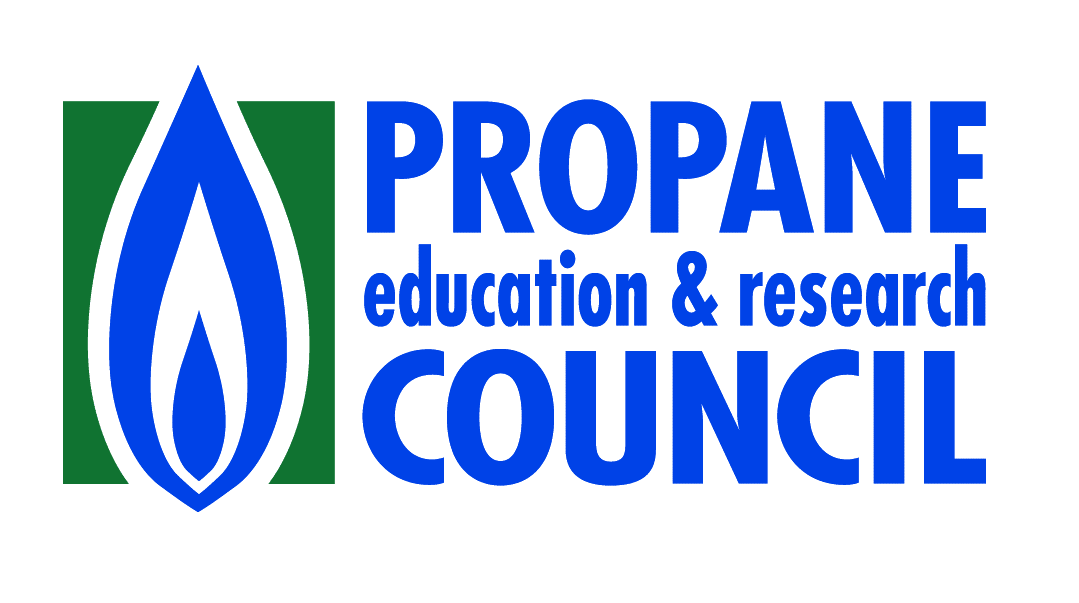A study released this year by researchers at the Center for Air, Climate, and Energy Solutions found people of color are disproportionately exposed to particulate air pollution, mainly due to a legacy of housing policy and other factors. The disparities were seen nationally, as well as at the state level, across income levels and the urban-rural divide. The researchers noted the findings have serious health implications, as exposure to harmful emissions can cause lung and heart issues.
While the study analyzed more than 5,000 emissions source types, one of the main culprits of this environmental injustice was vehicle emissions. According to the Environmental Protection Agency (EPA), the transportation sector is responsible for more than 55% of the total harmful nitrogen oxide (NOx) emissions in the U.S. By replacing these harmful pollutants from aging diesel school buses, trucks, and mass transit vehicles in marginalized communities at the same rate as more privileged areas, these families can live healthier, more productive lives. That’s how we achieve environmental justice.
Replacing aging diesel school buses, trucks, and mass transit vehicles in marginalized communities is one way we achieve environmental justice.
As the nation looks for ways to reduce these harmful emissions, especially in marginalized communities, propane autogas can play an important role as a clean and affordable energy source.
Standing Up for Environmental Justice
To address the issue of environmental injustice, solutions need to be implemented immediately to start removing dirty diesel and gasoline vehicles from the road as quickly as possible. Propane autogas is an already available, proven, clean energy source that is responsible for significant emissions reductions in communities around the globe. Propane autogas engines are 90% cleaner than mandated EPA standards, with effectively zero particulate matter emissions and 96% fewer NOx emissions than clean diesel engines. The latest propane autogas engine technology is classified as near-zero and has moved this fuel option even closer to achieving zero emissions levels.
This is incredibly important considering NOx and particulate matter are the same emission types that are disproportionally higher for people of color and are known to exacerbate breathing conditions like asthma, bronchitis, and other respiratory issues.
Ensuring Energy Equity
To properly combat environmental injustice, it will take a diverse mix of clean energy sources. The more diverse America’s energy mix is, the more reliable it is. Propane autogas’ role in that mix is to ensure energy equity as an affordable energy source. When you factor in the cost of a new vehicle and the costs for fuel, fluids, maintenance and repairs, propane autogas has one of the lowest costs for the lifetime of the vehicle, providing a short return on investment.
Propane autogas’ role is to ensure energy equity as an affordable energy source, to help combat environmental injustice.
It’s important to note that propane autogas infrastructure is also affordable. In most cases, propane suppliers will provide the infrastructure equipment to a fleet at no cost in exchange for a mutually beneficial fuel contract. The refueling infrastructure is also designed to scale and can easily adapt to the varying needs of any fleet.
Thanks to the newly passed Infrastructure Investment and Jobs Act — which provides access to more than $9 billion in potential funding for propane autogas infrastructure, school buses, and transit vehicles — there are more opportunities than ever to start making a difference in marginalized communities impacted by higher emission levels. And because propane autogas is affordable, it allows these communities to replace diesel vehicles at a fast rate, making an even bigger impact.
By focusing on implementing technology and energy sources that are proven to fight environmental injustice and ensure energy equity, we can start to see significant improvements to the disproportionate levels of air pollution in communities around the nation. For more information on how propane autogas can make a difference, visit Propane.com/Fleet-Vehicles.



